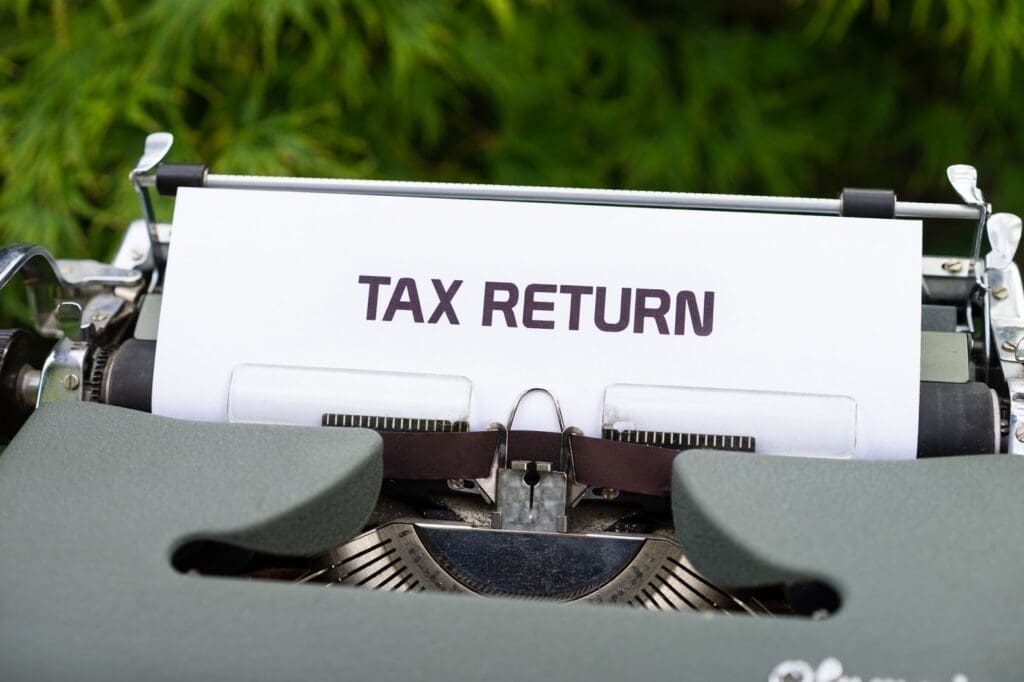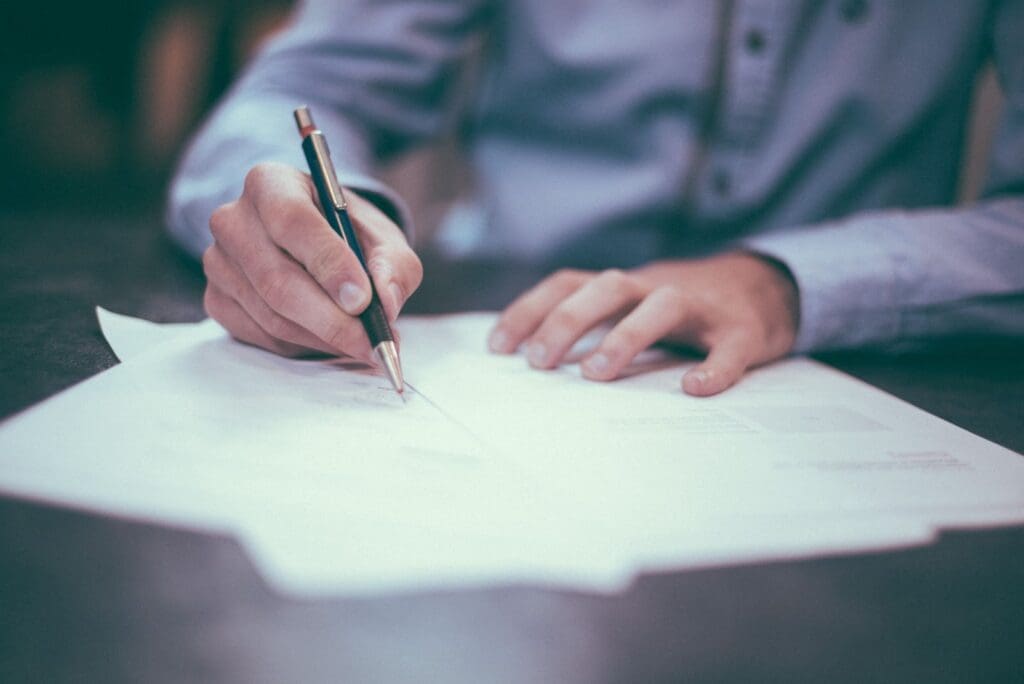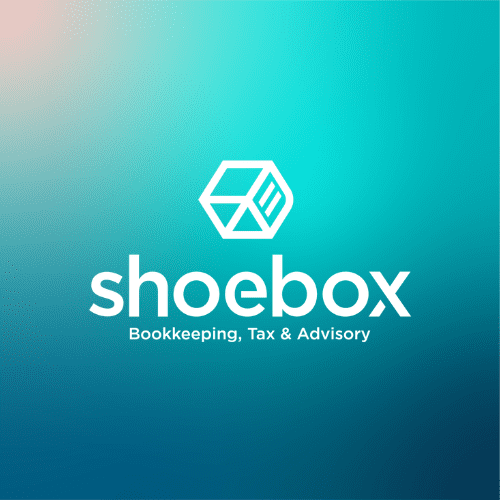Getting Ready for Your Tax Return
It’s hard to believe, but it’s almost that time of the year again! With the end of the financial year near, we have to talk about your tax return in 2022. Don’t get caught off guard: With a little bit of preparation, tax time doesn’t have to take a toll on you!
Here’s the Shoebox guide to getting this year’s tax return right!
Even for the best amongst us, tax time can be complicated and stressful at times. Remembering what documentation you need to have ready, what to include, what not to include. You can spend hours googling, but in truth, most of us will have slightly different situations and it can be hard to find reliable information online.
Whether you’re preparing your tax as an individual or couple, employee or business owner, company or sole trader, successfully preparing for your EOFY, shouldn’t look all too different.
But an added layer of stress caused by the pandemic, work-from-home situations, benefits, subsidies, and compensations, and things can suddenly seem impossible to master.
But it doesn’t have to be like that. You don’t need to keep saying “I’ll look into it tomorrow” until you start panicking because you’re running out of time. Having a comprehensive checklist can ensure you don’t miss anything and make the process easier and quicker. So we’ve created one for you!

Collect your relevant receipts and documents
The key to success is – as so often, being well prepared. Consistently doing a little bit of work throughout the year can save you from a massive headache once it’s time to file your tax return. Now, hopefully, you’ve already collected your relevant receipts over the past year – possibly in a shoebox, or some other sort of more elaborate system.
But if you haven’t, it might be worth sieving through your financial records or statements and look for them ahead of time. Nothing is worse than leaving it all for the same day and having to rush to get it all done. It just invites problems and mistakes, both of which can cost you money.
What documents do I need to keep for my tax return?
It depends on many factors. What do you do for work? What industry are you in? What benefits do you receive from your workplace already? What is your position and job title?
In general, you can let the following information guide you:
- Get your Income Statements (payment summary) in order. They are available on your MyGov account and will tell you your total income for the year but also how much tax and superannuation you have already paid.
- Collect your payment summaries from Centrelink. These include any benefits or compensations you have received during the course of the pandemic.
- Any eligible termination payments. Have you been made redundant and received a payment?
- Interest earned from your bank accounts.
- Dividend statements. This should show you how much they have been franked as well.
- Any other income you have made. Did you rent a room via Airbnb? Or make money on Uber, through rentals, cash payment, trusts or capital gains? You can’t leave these out, so make sure to have your documentation ready.
Find out what deductions apply to you
Not sure where you can save tax money? A good rule of thumb is if you have spent money on the business (that is necessary) you can claim it as a deduction. But there’s more to it.
- Receipts from purchases you have made that directly relate to your job.
- Your home office expenses: If you work from home, whether that be in a home office, studio or workshop, you should keep any documentation relating to expenditure on this space. This includes maintenance, office supplies, internet and any other necessities that allow you to work in that space and any costs incurred for heating, cooling and lighting the workspace. This has to be portioned to the area of the house you use.
- Travel expenses: You can claim kilometres travelled in your car on certain work trips. This includes the kilometres from your place of residence to a varying place of work such as a client’s property or a meeting in a specific location that is not your usual place of employment. You can also claim kilometres from this varying place of work to your normal place of work. If you have two jobs, you are allowed to claim the kilometres between the two jobs.

Things you can’t include in your tax return
Here’s the bad news: Renovations of your work from home space are unfortunately not counted as deductible. It’s considered upgrading your living space and is not a necessity for carrying out your job. Maintenance, on the other hand, is considered fixing a problem to the same standard it was previously.
And whilst you cannot claim kilometres in your car from your place of residence to your workplace and back, you can claim expenses if your job requires you to visit clients or travel to a place other than your home office and regular place of work. Also not deductible are general household items such as coffee and tea – no matter how much you need it to get work done, or things like childcare for your kids while you’re at your job.
Understand small business concessions, benefits and rebates
Luckily, there are a lot of concessions, rebates and support provided to small businesses by the Australian government, particularly around tax time. For example, it’s worth knowing that you may be able to claim instant asset write-offs. You can find out more about those here.
What happens if I have made a loss?
It is normal to run at a loss in the first few years of operation as your business is establishing.
Not every year in business can be a good one. You’ll be aware of this, particularly if you’ve owned and operated a small business during the pandemic. The government, of course, has taken precautions and treats losses depending on the business structure.
A sole trader, you might be able to claim losses as a deduction nowhere they meet certain conditions. For example, you could carry losses forward and offset them when your business makes profit again. This includes donations, gifts and personal super contributions.
If your small business is costing you more than you’re making, you may be able to offset the loss against your other income. But, it means you have to identify if your activities constitute a hobby or a business. Only the latter can be carried forward as a tax loss and be used as a tax deduction in the future.
Do you own a company? In that case, different rules apply: Companies may carry forward losses for nearly as long as they like – given that at least half of the company ownership remains in the same hands. Visit the ATO website for more specific criteria that need to be satisfied!
Wrapping it up
The ATO website offers a lot of detailed information for specific circumstances. The most important takeaway from this article should be that it is important you educate yourself on the ins and outs of the tax system before lodging your statement – and to be prepared. The more you understand the more you will benefit and the less likely it is you will get in trouble for submitting incorrect information.
Tax is something we all have to do, and becoming somewhat of an expert will only benefit you in the long run. But if this is all too much, or you simply do not have the time, find a trustworthy, experienced bookkeeper or tax agent to help you out! This will ensure you don’t miss anything and stay on track throughout the year!
For all of your tax and accounting needs, you can always call the friendly team at Shoebox Books and Tax, your mobile bookkeepers and tax agents. Call us at 1300 65 35 83 or send us an email and we will get back to you!
